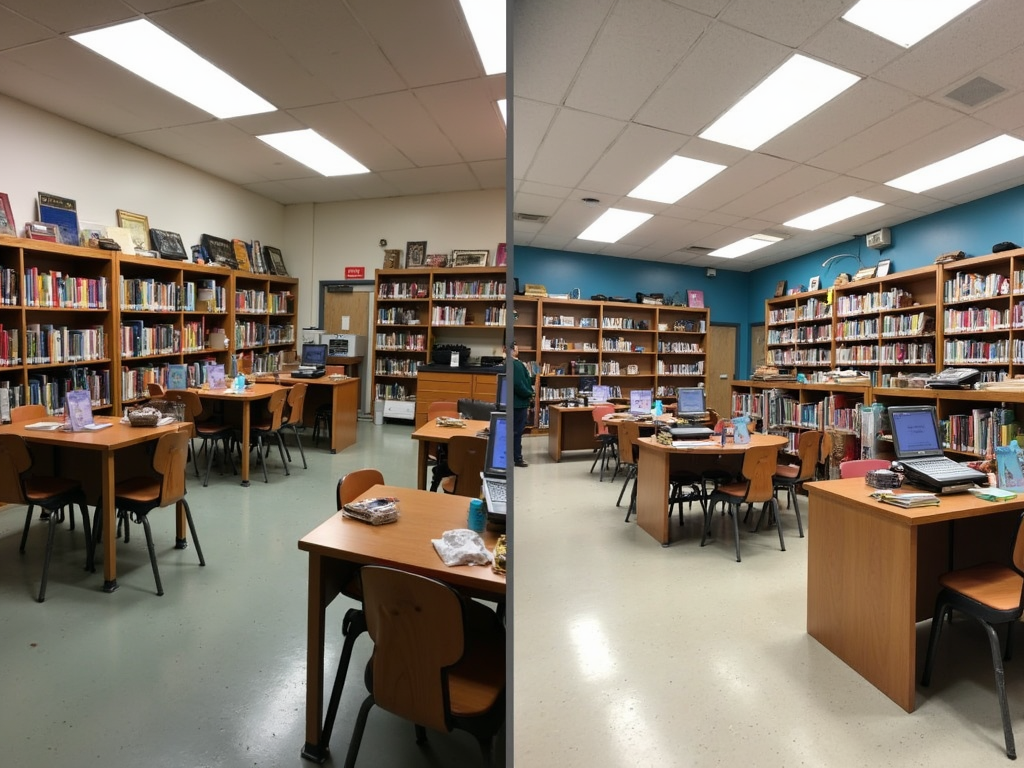Empowering Education Through Skill-Based Volunteering: A Comprehensive Guide
By , May 8, 2025
Overview
Skill-based volunteering in education harnesses professional expertise to enrich learning and support schools. This guide dives into its benefits, real-world examples, and how you can get involved, offering insights from experience and practical steps to contribute.
What Is Skill-Based Volunteering in Education?
Skill-based volunteering in education means using your professional skills to help schools, students, or educational programs. Unlike traditional volunteering—think painting classrooms or handing out flyers—this approach taps into what you do best. A web developer might build a school’s website, or a nurse could teach health classes. It’s about matching your expertise to a need. This makes it a unique and powerful way to support education while giving volunteers a chance to shine.

Why It Matters for Schools
Schools often lack the budget to hire specialists. That’s where skill-based volunteering steps in. A marketing expert can boost a school’s fundraising efforts, bringing in more resources. An engineer might lead a robotics workshop, sparking interest in science. These contributions save money and introduce fresh ideas. Teachers get support, and students gain access to experiences they wouldn’t otherwise have. It’s a win for everyone involved.
Benefits for Volunteers
Volunteering your skills isn’t just about giving—it’s about growing too. You can sharpen your abilities, like public speaking or project management, in a new setting. It’s also a chance to connect with others who care about education. I’ve seen volunteers light up when they see their work make a difference. For example, after teaching a photography class, I felt proud watching students discover a new passion. It’s rewarding in ways a paycheck can’t match.

Real-Life Examples
Skill-based volunteering takes many forms. A lawyer once helped a school navigate a tricky contract, saving them thousands. A retired teacher mentored new educators, sharing decades of wisdom. In my own experience, I helped a school create a social media plan to engage parents. These efforts show how varied skills can meet specific needs. They prove that anyone, from any field, can play a role in education.
A Personal Story
A few years ago, I volunteered to run a writing workshop at a local middle school. The kids were hesitant at first, unsure of their abilities. But as we worked together, their stories came alive—funny, heartfelt, and bold. One student, who rarely spoke in class, wrote a piece that won a local contest. Seeing that spark was unforgettable. It showed me how skill-based volunteering can unlock potential in ways we don’t expect.

How to Get Started
Ready to volunteer? Start by listing your skills—teaching, coding, writing, whatever you’re good at. Then, look for opportunities. Websites like VolunteerMatch or local school boards often list needs. Reach out directly to schools or nonprofits too. Ask what they need and how you can help. Start small if you’re busy—a one-day workshop or a quick project. The key is finding a match that excites you and makes an impact.
Overcoming Challenges
Time is a big hurdle for many. You might wonder how to fit volunteering into a packed schedule. Try short-term gigs, like a weekend event, to test the waters. Another challenge is finding the right fit. If a school doesn’t need your skill, don’t give up—ask around or check online platforms. I once struggled to find a spot, but persistence led me to a perfect project. Flexibility and patience pay off.

The Bigger Impact
Skill-based volunteering in education does more than help one school—it lifts communities. Students gain confidence and skills, like when a tech volunteer teaches coding to kids who’ve never used a computer. Schools improve too, offering better programs. Studies, like those from the National Education Association (https://www.nea.org), show volunteer involvement boosts student engagement. Over time, this strengthens society by preparing kids for the future.
The Role of Technology
Today, technology opens new doors for volunteering. Remote options let you contribute from anywhere. A graphic designer in New York can create materials for a school in Kenya. Virtual tutoring is another big trend—think language lessons over Zoom. This is huge for rural or underserved areas facing a digital divide. It’s an exciting shift, making skill-based volunteering more accessible than ever.

Your Next Step
Think about what you bring to the table. Are you a whiz at spreadsheets? A pro at public speaking? Education needs you. Start by exploring opportunities near you or online. Even a few hours can change a student’s path. Skill-based volunteering isn’t just a gift to others—it’s a chance to grow, connect, and leave a mark. What will your contribution be?
Summary
Skill-based volunteering in education pairs your expertise with schools’ needs, creating wins for all. It boosts learning, supports teachers, and rewards volunteers with purpose. From coding classes to budget advice, the impact is real. Get involved today and see the difference you can make.